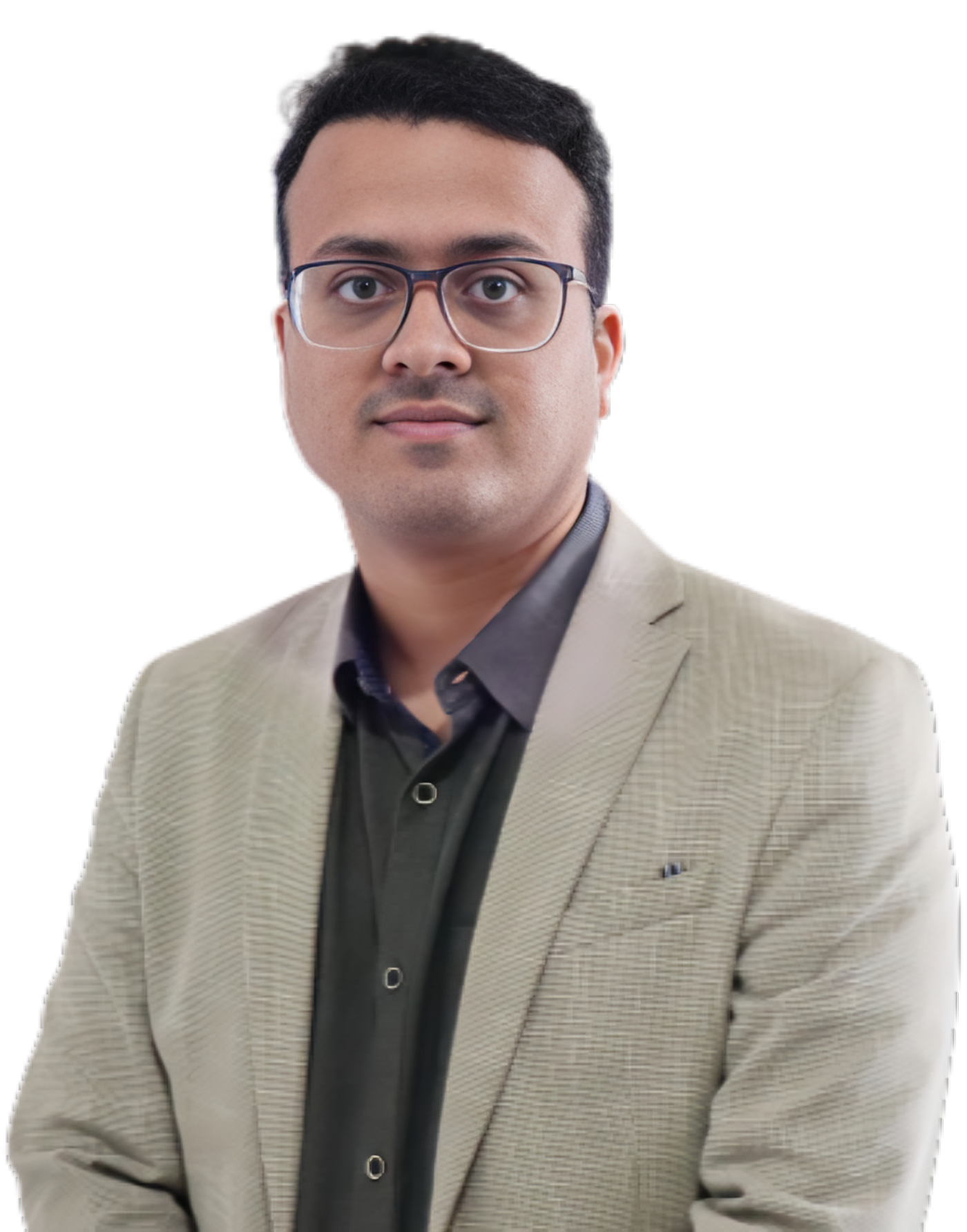Dr. Paresh Bang | Matruchhaya Spine Clinic
Meet Our Doctor
Dr. Paresh Bang
Consultant Spine Surgeon

Scoliosis Specialist In Betul

Scoliosis Specialist
We specialize in diagnosing and treating spine, neck, and back-related conditions. Our specialists, whether they are performing the non-surgical treatment, minimally invasive surgeries, or major operations, ensure that each patient receives the best care possible.
When is scoliosis surgery needed?
Typically, for people who have a spinal curve that is more than 45-50°, it is very likely to get worse after the full growth. This may raise the level of appearance of deformity in the back and even affect lung functions. Surgery is usually recommended for achieving one of the three goals.
The curvature between 40° and 50° in a growing child is considered challenging. However, surgeon in India conduct several tests and considers other influencing factors to determine whether surgery will be a good choice.
We offer services for conditions such as:
- Scoliosis
- Slipped Disc / Herniated Disc
- Spondylolisthesis
- Tailbone Pain (Coccydynia)
- Whiplash Injury
- Cervical Radiculopathy
- Cervical Spondylosis
- Congenital Torticollis
- Lower Back Pain
- Minimally Invasive
- Surgery
- Sciatica
Types of Scoliosis Specialists:
- Orthopedic Spine Surgeon:
- An orthopedic surgeon who specializes in the spine treats a variety of spinal conditions, including scoliosis. These specialists often perform surgery, such as spinal fusion, to correct severe scoliosis.
- They may also offer non-surgical treatments like bracing for growing children or physical therapy.
- Neurosurgeon (Spine Surgeon):
- Neurosurgeons with a focus on spinal surgery also treat scoliosis, particularly cases where the spinal cord or nerves are involved. They perform surgeries to correct the curvature and relieve nerve compression.
- Pediatric Orthopedic Surgeon:
- Specializes in treating scoliosis in children and adolescents. Since scoliosis often develops during periods of growth, pediatric orthopedic surgeons are experts in managing scoliosis during childhood and adolescence, when treatment options like bracing are more effective.
- Physiatrist (Physical Medicine and Rehabilitation Specialist):
- These doctors specialize in non-surgical treatment of scoliosis. They manage pain, prescribe physical therapy, and oversee rehabilitation after scoliosis surgery.
- Chiropractors and Physical Therapists:
- Chiropractors and physical therapists may provide conservative treatment options for mild scoliosis, helping to manage symptoms through exercises and posture correction. However, they do not treat severe scoliosis or perform surgery.
When to See a Scoliosis Specialist:
You may need to consult a scoliosis specialist if you or a loved one experiences:
- Noticeable spine curvature (such as uneven shoulders, one hip higher than the other, or a visibly curved spine)
- Back pain that might be related to scoliosis
- Diagnosis of scoliosis during a routine physical exam or screening
- Rapid progression of spinal curvature in children or adolescents
- Difficulty breathing or fatigue caused by severe scoliosis compressing the lungs or other organs
Finding a Scoliosis Specialist:
When looking for a scoliosis specialist, it is important to find a healthcare provider with extensive experience in diagnosing and treating scoliosis. You can look for:
- Spine Centers or Orthopedic Institutes: Many hospitals have dedicated spine centers where scoliosis specialists are available.
- Professional Societies: Organizations like the Scoliosis Research Society (SRS) or the North American Spine Society (NASS) provide directories of qualified specialists.
- Referrals: Your primary care doctor, pediatrician, or general orthopedic surgeon can refer you to a specialist with expertise in scoliosis.
Diagnosis
The healthcare team will first take an in-depth medical history and even ask questions about recent growth. During the physical exam, your provider may instruct your child to stand or then bend forward from the waist, with arms hanging loosely, to see if one side of the rib cage is more prominent than a other.
Your provider also may perform the neurological exam to check for:
- Numbness.
- Reflexes.Contact Us
Treatment
Treatments for scoliosis vary from minimal to maximal according to the size of the curve. Those children with very mild curves usually do not have any treatment but would need to see their doctor periodically to watch for worsening of the curve as they grow.
If the spinal curve is moderate or large, bracing or surgery may be necessary. Important considerations will include
- Maturity. When a child’s bones have stopped growing, the curve can advance little. This also means that the braces are most effective when applied to children whose bones are still active. Maturity of bones can be determined by hand X-rays.
- Curve size. The larger the curve, the greater the chance the condition will worsen.
- Sex. Girls are more likely to advance than boys.Visit Our Hospital
